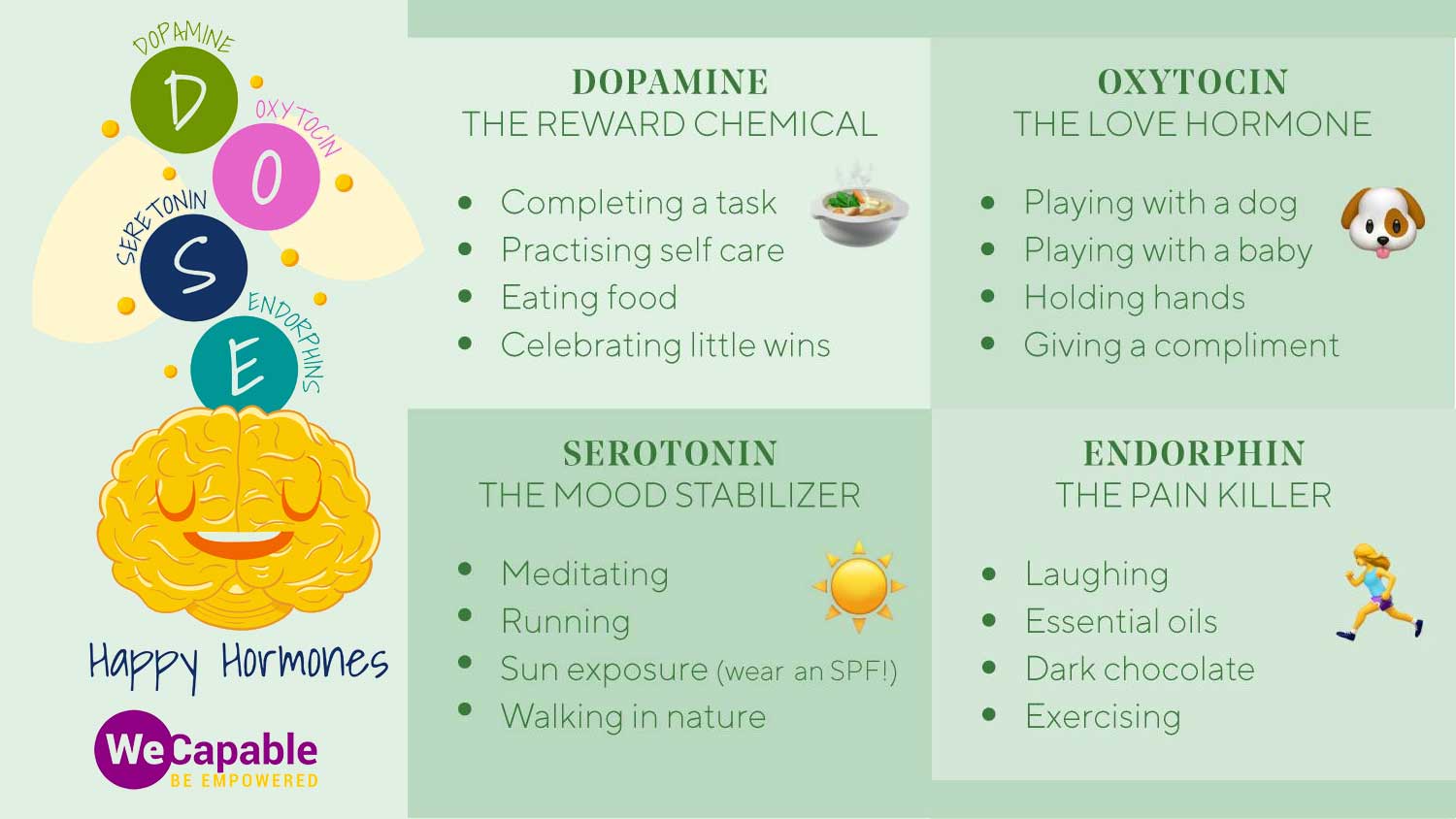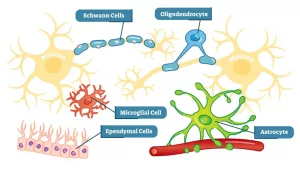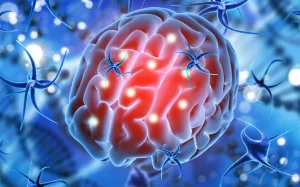Everyday activities like moving your body, cooking, and listening to tunes can help increase production of the hormones that make you feel good.
Hormones are chemical messengers made by glands throughout your body. They travel in the bloodstream and influence many bodily functions.
One key role they play is mood regulation.
Certain hormones are well known for promoting positive emotions such as pleasure and contentment.
These “happy hormones” include:
- Dopamine: Often called the “feel-good” chemical, dopamine is a neurotransmitter central to the brain’s reward circuits. It’s tied to pleasurable feelings as well as learning, memory, and motivation.
- Serotonin: This hormone and neurotransmitter helps govern mood as well as sleep, appetite, digestion, learning, and memory.
- Oxytocin: Nicknamed the “love hormone,” oxytocin is vital for childbirth, breastfeeding, and strong parent-child attachment. It also supports trust, empathy, and closeness in relationships and tends to rise with physical affection.
- Endorphins: These are your body’s natural painkillers, released in response to stress or discomfort. Endorphin levels can also increase during rewarding activities like eating, exercising, or sex.
Below are practical ways to encourage your body to produce more of these natural mood-enhancers.

Get outside
Want to raise serotonin? Time outdoors, especially in sunlight, is an effective strategy.
Studies show that exposure to ultraviolet (UV) light from the sun can elevate serotonin production.
Try spending roughly 15 minutes outside a few times weekly. Explore a different park or neighborhood if your usual route feels stale. Remember that UV exposure also increases skin cancer risk, so apply sunscreen.
Make time for exercise
Exercise benefits the body and can also lift your mood.
If you’ve heard of a “runner’s high,” that’s tied to endorphin release triggered by physical activity.
Exercise doesn’t act only on endorphins—regular activity can also raise dopamine and serotonin, making it a strong option for increasing happy hormones.
Laugh with a friend
“Laughter is the best medicine” may be a cliché, but laughter can genuinely help improve low mood and reduce stress or anxiety by boosting dopamine and endorphins.
A 2022 review found laughter therapy can improve mental, physiological, and physical outcomes for people with mental health or somatic conditions.
Share a funny clip, flip through a joke book, or watch a comedy with someone. Plus, laughing together can foster bonding that may raise oxytocin.
Cook (and enjoy) a favorite meal with a loved one
This activity could potentially stimulate all four happy hormones.
Savoring a tasty dish can prompt dopamine and endorphin release, and preparing and sharing a meal with someone you care about can increase oxytocin.
Certain foods may also influence hormone levels, so consider these when planning a mood-boosting meal:
- spicy foodsmay induce endorphin release
- yogurt, beans, eggs, lean meats, and almonds are among foods associated with dopamine production
- foods rich in tryptophan have been linked to higher serotonin levels
- probiotic-containing foods like yogurt, kimchi, and sauerkraut can affect hormonal signaling
Try supplements
Some supplements may support increases in happy hormone levels. A few to consider include:
- tyrosine (for dopamine)
- green tea or green tea extract (linked to dopamine and serotonin)
- probiotics (may aid serotonin and dopamine production)
- tryptophan (for serotonin)
Research findings vary, and many studies are preclinical or in animals, so more human research is needed to confirm benefits.
Supplements can be useful but aren’t suitable for everyone; they can interact with medications or be unsafe with certain health conditions. Consult a healthcare provider before starting any supplement.
If you do use supplements, follow package directions and recommended doses—some can be harmful at high amounts.
Listen to music (or make some)
Music can elevate multiple happy hormones.
Listening to music, playing an instrument, or performing has been shown to increase dopamine in the brain. This effect can help with stress, anxiety, and depressive symptoms. Music is commonly used as an intervention in mental health care—known as music therapy.
Meditate
Meditation offers numerous wellness benefits, from better sleep to reduced stress.
Many of meditation’s positive effects have been linked to increased dopamine during practice.
Not sure how to begin? It’s simpler than you might expect. You don’t have to be perfectly still to meditate, though sitting quietly can be helpful when you’re just starting out.
Plan a romantic evening
Oxytocin’s reputation as the “love hormone” is deserved.
Being attracted to someone can trigger oxytocin release, and physical intimacy—kissing, cuddling, or sex—also raises oxytocin levels.
Simply spending quality time with a partner can increase oxytocin, enhancing closeness and positive feelings that can feel blissful or euphoric.
Want maximum happy-hormone effect? Dancing and sexual activity boost endorphins, and orgasm stimulates dopamine release.
Sharing a glass of wine with your partner may also produce an extra endorphin lift.
Pet your dog
If you own a dog, stroking your pet is an excellent way to increase oxytocin for both of you.
Research indicates that both dog owners and their dogs experience rises in oxytocin during interaction.
Even if you don’t own one, seeing or petting a dog you like may still spur oxytocin release. So find a friendly canine to pat or cuddle.
Get a good night’s sleep
Poor sleep affects health in many ways.
Insufficient quality sleep can disrupt hormone balance, notably dopamine, which can worsen mood and physical well-being.
Aiming for 7 to 9 hours per night can help restore hormonal balance and likely improve how you feel.
To sleep better, try:
- going to bed and waking up at roughly the same time each day
- creating a calm, restful sleep environment (reduce light, noise, and screens)
- cutting back on caffeine, particularly in the afternoon and evening
Manage stress
Some stress is normal, but chronic stress or major stressful events can lower dopamine and serotonin production.
That drop can harm your mood and health, making stress even harder to cope with.
The American Psychological Association suggests:
- taking a short break away from the stressor
- using laughter
- taking 20 minutes for a walk, run, bike ride, or other exercise
- practicing meditation
- connecting with others socially
Any of these approaches can reduce stress while also supporting serotonin, dopamine, and endorphin levels.
Get a massage
If you enjoy massages, here’s another reason to book one: massage can elevate all four happy hormones.
Studies show that massage increases dopamine and serotonin and oxytocin. This includes regular body massages, foot rubs, and spa treatments.
You can receive these benefits from a licensed therapist or from a partner’s massage, which may add extra oxytocin.
Takeaway
Serotonin, dopamine, endorphins, and oxytocin foster happiness and pleasure while helping reduce depression and anxiety. Simple habits can naturally boost these feel-good hormones.
If you’re struggling to manage your mood, speak with a healthcare professional who can suggest appropriate therapies or treatments.
























Leave a Reply
You must be logged in to post a comment.